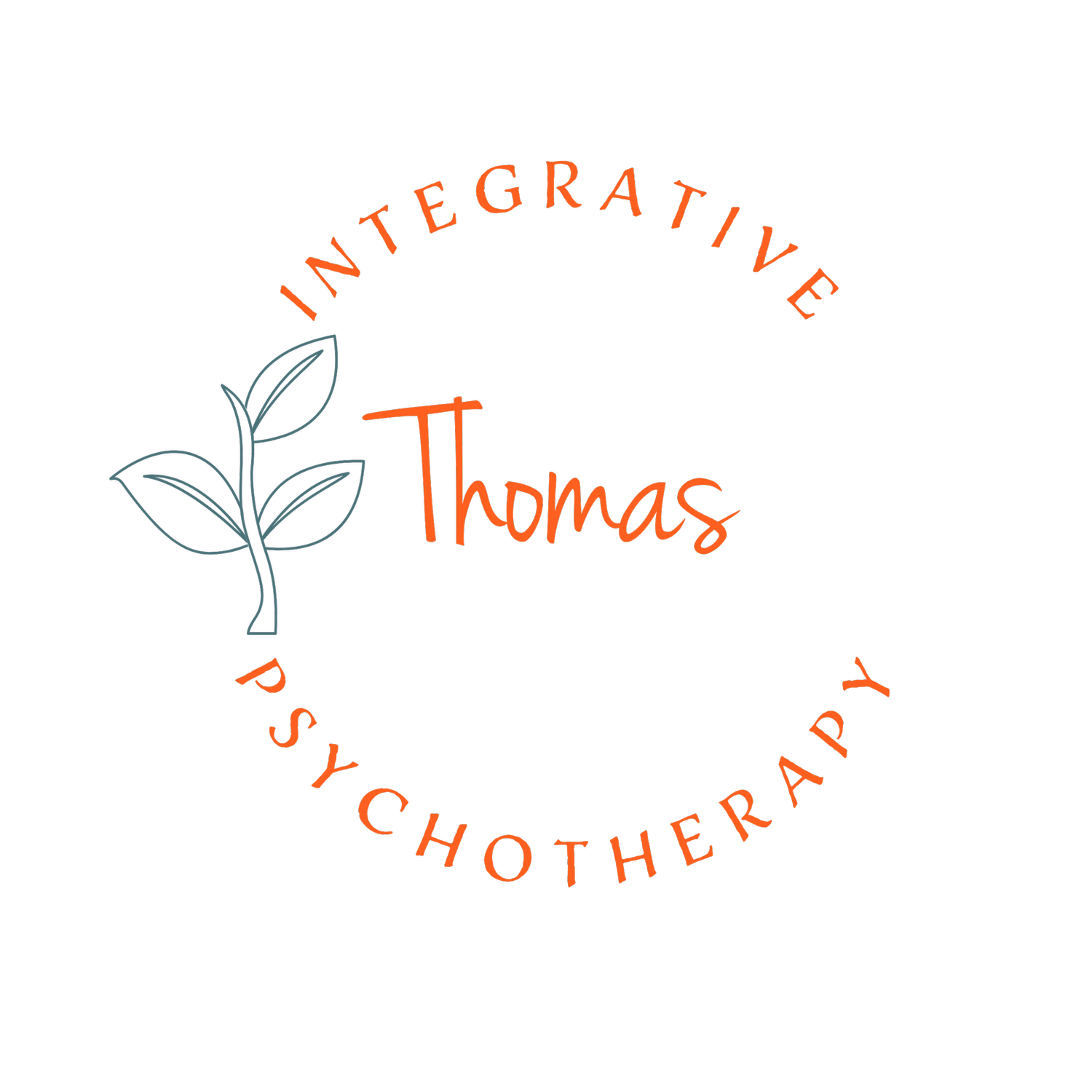Depression & Anxiety
Finding the energy, even for things you enjoy, feels too difficult. Even day-to-day tasks feel overwhelming. Anxiety tells you that something is wrong, and depression says you are helpless to change it. Your thoughts continually race. Your chest feels tight. Your body feels heavy.
You need more than just coping skills. You want to know why you feel this way, learn who you truly are, and grow to love yourself.
Change is possible. You can find the energy you have been missing. You will see that you are worthy. Emotions are messages, and together we will listen to find the path that leads to your healing. You deserve it.
How we help
We practice Integrative therapy, which is an individualized, holistic approach that combines techniques from different therapeutic models and attends to the whole person.
The models described below may be part of your treatment. Each therapist collaborates with the client to adapt the therapy experience to the client’s individual needs.
Person-Centered Therapy
During Person-Centered Therapy, a therapist acts as a compassionate facilitator, listening without judgment and acknowledging the client's experience without shifting the conversation in another direction. The therapist is there to encourage and support the client without interrupting or interfering with their process of self-discovery as they uncover what hurts and what is needed to repair it.
Eye Movement Desensitization Reprocessing (EMDR)
EMDR works by helping a person with trauma overcome mental blocks and raw pain centers that come with distancing the self from the traumatic incident
Clients who have been through EMDR therapy can integrate negative emotions, body reactions, and behavior patterns in a better way. The treatment also teaches new and personalized ways of coping with life challenges. Some coping skills learned by EMDR are healthy behavior, enhanced understanding, and positive thinking. Clients can handle fresh challenges when the brain is trained to process the traumatic incident.
Acceptance and Commitment Therapy (ACT)
Acceptance and Commitment Therapy (ACT) is an action-oriented approach. Clients work toward accepting that painful emotions are appropriate responses to certain situations and should not prevent them from moving forward in their lives. With this understanding, clients begin to accept their hardships and commit to making necessary changes in their behavior.

